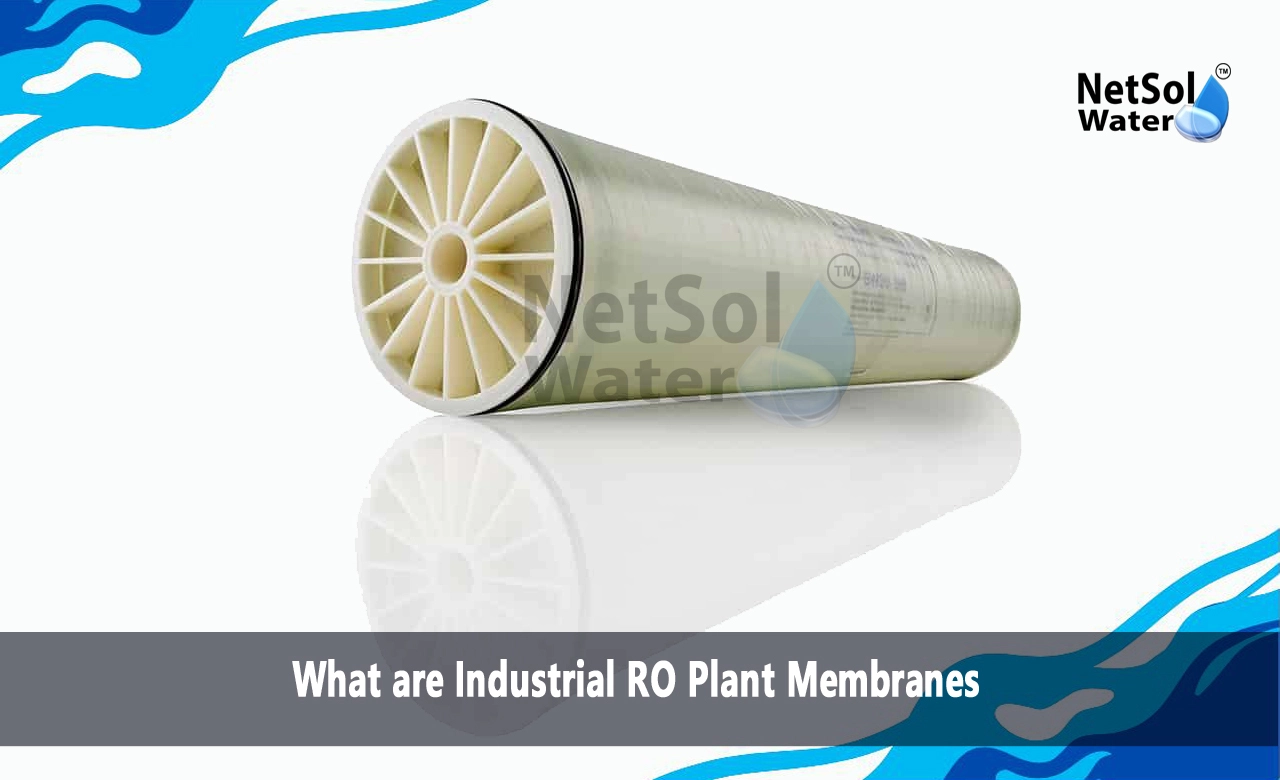What are Industrial RO Plant Membranes?
When it comes to industrial-scale water purification, reverse osmosis (RO) membranes are the true doers, playing a crucial role in producing high-quality treated water. These semipermeable barriers are at the core of RO systems, performing the heavy lifting to remove contaminants and unwanted dissolved solids. As water scarcity and pollution increase worldwide, understanding industrial RO plant membranes becomes ever more important.
The Reverse Osmosis Process Explained
Reverse osmosis is a filtration process that removes up to 99% of contaminants from water by forcing it through semi-permeable membranes. These thin film composite membranes act as molecular sieves. Water molecules can pass through their minuscule pores, while larger molecules and ions like salts, heavy metals, organics, bacteria and viruses are retained.
Industrial RO plants use filters, pumps and pressure vessels containing multiple membrane elements to perform this separation. Incoming feed water is first pretreated to remove larger particles that could foul the membranes. It is then pressurised and forced across the membrane surface. Clean, permeated water passes through to the other side for collection. The remaining concentrated reject or brine is flushed away.
Capabilities of Industrial Membranes
Modern composite industrial membranes, made of polyamide materials, provide incredibly high rejection levels across a wide range of contaminants. They can block over 99% of dissolved salts, 99.9% of bacteria and pathogens, up to 98% of organics like pesticides, and over 99% of particles, including colloids and heavy metals like lead. Their fine pores allow just H2O to pass through. Industrial RO plant membranes are also highly durable and resistant to chemical degradation when properly maintained. Plus, they can withstand high feed pressures up to 1,000 psi while delivering high water recovery rates. Overall, their remarkable performance makes industrial membranes ideal for purifying municipal and process water supplies, treating wastewater, desalinating brackish and seawater, and production of ultrapure water.
Membrane Advancements and the Future
While highly effective, membrane fouling from contaminants can reduce RO system efficiency and performance over time. Membrane cleaning systems are important, but improved pretreatment and fouling-resistant membranes are being developed to extend service life. Other innovations like nanocomposite materials and surface modifications aim to enhance permeability while retaining selectivity. This could reduce capital equipment and operating costs. As a growing number of industrial users incorporate RO systems, continual membrane improvements will further the technology's capabilities and economic viability.
Conclusion
Modern industrial RO plant membranes have truly remarkable contaminant-blocking abilities. By employing their precise molecular filtration, it's possible to convert even heavily polluted waters into pristine, purified sources. While developments continue, current industrial membrane technology is important for water treatment, desalination, reuse, and many other manufacturing needs. As the global market for treated water expands, these powerful devices will play an ever more important role in ensuring sustainable water supplies.
To explore customised commercial RO plants, Industrial RO plants, ETP or STP solutions for your needs in your areas and nearby regions, contact Netsol Water at:
Phone: +91-965-060-8473, Email: enquiry@netsolwater.com



